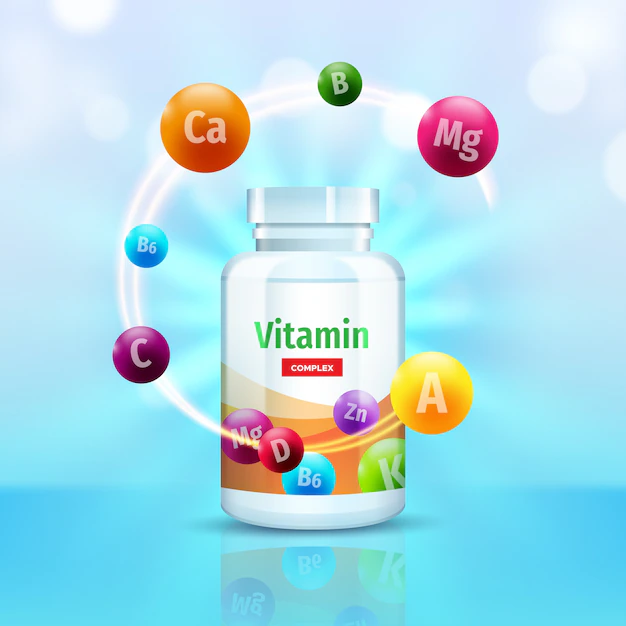Why Dairy Should Be Avoided in a Diet Plan for Better Health
Dairy has been a part of many diets for centuries. People consume milk, cheese, yogurt, and butter daily. While dairy is often marketed as healthy, research and personal experiences tell a different story.
Many experts suggest that avoiding dairy can improve overall health and well-being. This article explains why dairy should be avoided in a diet plan for better health.
Lactose Intolerance is Very Common
One of the biggest reasons to avoid dairy is lactose intolerance. Lactose is a natural sugar found in milk. To digest it, the body needs an enzyme called lactase. Many people stop producing enough lactase after childhood. This leads to problems like bloating, gas, stomach cramps, and diarrhea after eating dairy.
Some may not even realize that their symptoms are linked to milk. They may blame other foods or stress when the real cause is dairy. For those with lactose intolerance, cutting out dairy often brings relief within just a few days.
Dairy Can Trigger Allergies
Another issue with dairy is milk allergy. This is different from lactose intolerance. Milk allergy happens when the immune system reacts to proteins in milk, such as casein or whey. Reactions can range from skin rashes to breathing problems. In severe cases, it may even lead to life-threatening conditions.
Unlike lactose intolerance, children are more prone to milk allergies. Many outgrow it, but some continue to experience allergic reactions into adulthood. For families, this can mean frequent doctor visits and limited food choices. Removing dairy from the diet is often the best and safest solution for people with this allergy.
Dairy May Cause Digestive Problems
Even people who are not lactose intolerant sometimes feel digestive discomfort after eating dairy. Dairy products can be heavy and hard to digest. They may lead to constipation, bloating, or an upset stomach. Yogurt and cheese, which are often thought to be “light,” can still cause problems in sensitive individuals.
Some doctors point out that dairy may also worsen conditions like irritable bowel syndrome (IBS). For those already struggling with digestion, reducing or avoiding dairy may bring noticeable improvements. A healthier digestive system means better absorption of nutrients and more energy throughout the day.
Dairy Can Contribute to Skin Problems
Many people notice that their skin clears up after removing dairy. Acne is one of the most common skin conditions linked to dairy. Studies suggest that hormones in milk can trigger oil production in the skin. This can block pores and lead to breakouts.
Teenagers and adults alike often see better results with their skin when they stop drinking milk or eating cheese. Others notice fewer eczema flare-ups or rashes. Clearer skin can improve self-confidence and reduce the need for expensive treatments. Choosing a dairy-free diet may be a simple yet effective way to achieve healthier skin.
Dairy May Lead to Inflammation
Inflammation is the body’s natural response to injury or infection. But chronic inflammation is harmful and linked to diseases like arthritis, heart disease, and diabetes. For many people, dairy is a trigger for inflammation. The proteins and hormones in milk can cause the body to react in a negative way.
Some people who stop eating dairy report less joint pain and stiffness. Others notice fewer headaches or migraines. These improvements show how powerful diet changes can be in reducing inflammation. By avoiding dairy, people may lower their risk of long-term health problems and enjoy greater comfort in daily life.
Dairy Can Affect Weight Loss Goals
Many people try to lose weight by following diet plans. Dairy, however, can make this more difficult. Foods like cheese, cream, and butter are high in fat and calories. Sweetened dairy products such as flavored yogurts and milkshakes are also full of sugar.
These foods can add extra calories without making you feel full for long. For example, a glass of chocolate milk may contain more sugar than a soda. Replacing dairy with lighter, plant-based alternatives may help in reaching weight loss goals faster. Small changes like switching to almond milk or skipping cheese on a sandwich can add up over time.
Dairy May Impact Hormonal Balance
Milk naturally contains hormones from cows. These include estrogen and growth hormones. When humans consume dairy, these hormones can enter the body. For some, this may disrupt natural hormone balance.
Hormonal imbalance can cause issues such as acne, mood swings, irregular periods, or fertility challenges. Women, in particular, may notice changes in their cycles or increased cramps when consuming a lot of dairy. By removing dairy, many people report feeling more balanced, calmer, and energetic.
Strong Bones Without Dairy
For decades, dairy has been advertised as essential for strong bones because of its calcium content. But research shows that countries with the highest dairy consumption also have higher rates of osteoporosis.
Calcium can be found in many plant-based foods such as leafy greens, almonds, tofu, sesame seeds, and fortified plant milk. Vitamin D, which is important for bone health, comes from sunlight and supplements rather than dairy. Exercise, especially weight-bearing activities like walking and strength training, also plays a big role in bone health. This proves that dairy is not the only path to strong bones.
Better Alternatives to Dairy
Avoiding dairy does not mean giving up taste or nutrition. Today, there are many healthy and tasty alternatives. Almond milk, soy milk, oat milk, and coconut milk are popular replacements for cow’s milk. Plant-based yogurts and cheeses are widely available and often fortified with vitamins.
These options are easier to digest and free from animal hormones. They also come in many flavors, making them enjoyable to use in smoothies, coffee, or cooking. For people interested in healthy eating, switching to plant-based dairy alternatives can be a positive step. A good way to stay consistent is by planning meals ahead through dairy free meal prep.
All About a Diet Plan for Better Health
Dairy is not as essential as it is often made out to be. For many people, it causes digestive issues, skin problems, and even inflammation. It may interfere with weight loss and hormonal balance. While it does contain calcium, there are plenty of healthier plant-based sources.
With the rise of dairy alternatives, it has become easier to enjoy a nutritious and satisfying diet without milk, cheese, or butter. By avoiding dairy, you can improve your health today and protect it for the future.
Looking for more tips and ideas? We’ve got you covered. Check out some of our other posts now.







